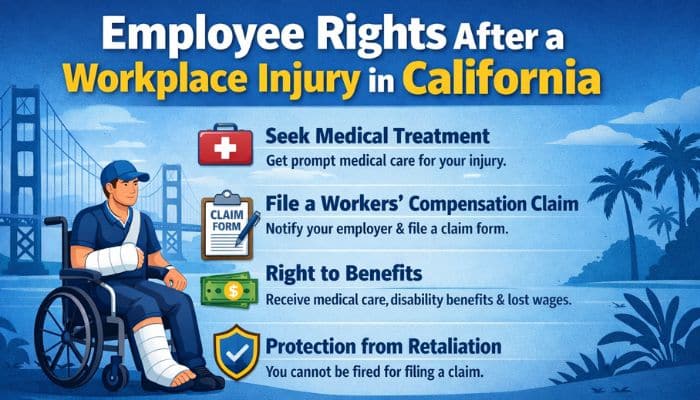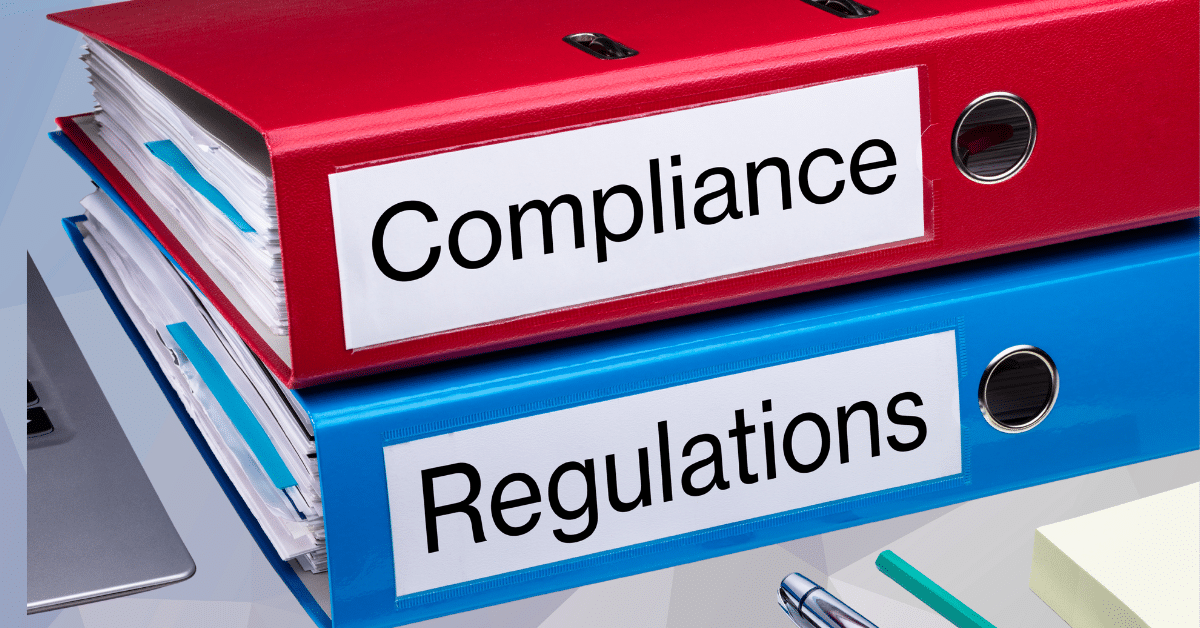Opening Connection
I’ll never forget a call I got from a small business owner in Atlanta. He was panicked. An employee filed a complaint after a manager made an inappropriate comment during a meeting. The owner kept repeating, “We didn’t mean any harm. We just didn’t know.”
That phrase—we just didn’t know—comes up more often than you’d think. And honestly, that’s what HR Compliance training is all about. It’s not about scaring people with laws and penalties. It’s about giving everyday folks in your business the tools to handle real-life situations the right way—before they turn into problems that drain your time, money, and energy.
The Real Struggle with HR Compliance Training
Here’s the thing: most employees aren’t trying to break rules. They’re just trying to get through the day, meet deadlines, and keep the boss happy. But without training, they guess.
- A manager might think they’re being “friendly” but accidentally cross a line.
- An employee might believe overtime rules don’t apply if they “volunteer” to stay late.
- A supervisor might not know how to handle a complaint, so they sweep it under the rug.
None of these is usually intentional. But they are costly. And they can wreck morale.
Why HR Compliance Training Matters Right Now
Workplaces look nothing like they did ten years ago. Remote employees, new wage laws, evolving harassment protections, the push for mental health awareness—it’s a lot. Add social media to the mix, and suddenly a mistake inside your company can become a headline outside of it.
If you ignore HR Compliance training, you’re not just risking a lawsuit. You’re sending the message—intentionally or not—that your people are on their own. And trust me, employees pick up on that fast.
When you invest in training, the message flips: “We’ve got your back. We want you to feel safe here, and we’ll show you how to protect yourself and others.” That kind of trust builds loyalty in ways no paycheck alone can.
HR Compliance as Part of Your Business DNA
Think about the best workplaces you’ve ever been part of. Chances are, they weren’t just productive—they were fair. People knew what was okay, what wasn’t, and they trusted leaders to follow through.
That’s what HR Compliance training creates. It’s not just about avoiding penalties. It’s about shaping culture. When employees feel protected, they relax. They collaborate more. They stay longer. They even recommend your company to their friends.
And here’s the kicker: customers notice too. Companies that treat their people right often treat their clients right. It’s a ripple effect.
How to Make HR Compliance Training Actually Work
Now, let’s be real—no one wants another boring slideshow. If you want people to remember training, it has to stick. Here are some ways I’ve seen it done well:
- Tell real stories. Use examples that actually happen in your industry.
- Keep it short and sweet. A 15-minute module once a month beats a three-hour lecture once a year.
- Make it interactive. Ask, “What would you do?” instead of reading slides.
- Update it often. Laws change. People forget. Refreshers keep it real.
- Train leaders differently. Managers need extra guidance—they’re the first line of defense.
Building a Culture of Shared Responsibility
Compliance only works when it’s everybody’s job. That means:
- Employees feel safe asking questions.
- HR is approachable instead of intimidating.
- Managers back up policies instead of bending them for convenience.
I’ve seen companies create anonymous reporting systems, small team check-ins, even coffee chats where people can raise concerns casually. The result? Issues get caught early, before they snowball.
Real Stories, Real Results
One manufacturer I worked with consistently racked up safety violations. After introducing short, hands-on training sessions, workplace accidents dropped almost overnight. Employees said, “Now I actually know what to do if I see a problem.”
A retail chain I consulted with rolled out anti-harassment training for managers. Within a year, employee surveys showed trust in leadership had climbed. Why? Because people saw managers stepping in instead of looking away.
These aren’t abstract stats. They’re human outcomes—people feeling safer, respected, and valued.
Keeping the Momentum Going
Here’s the hard truth: one-and-done training doesn’t work. You can’t check a box and move on.
The companies that succeed are the ones that make compliance part of the rhythm of work:
- Include it in onboarding.
- Offer digital refreshers so remote staff don’t miss out.
- Encourage questions without judgment.
- Review policies annually to ensure they remain relevant.
Over time, it stops feeling like “compliance training” and just feels like “how we do things around here.”
Final Thought
So, why is HR Compliance training important for businesses? Because it saves you headaches, protects your reputation, and—most importantly—takes care of your people.
If you’re wondering where to start, don’t get overwhelmed. Pick one step. Update a policy. Run a short workshop. Ask employees what confuses them most.
Every small step adds up to a workplace where people feel respected, managers feel confident, and businesses can grow without fear of the next complaint. That’s what training really delivers: peace of mind—for you and for everyone who walks through your doors each day.


















